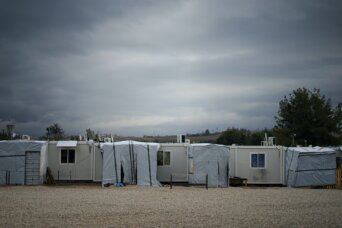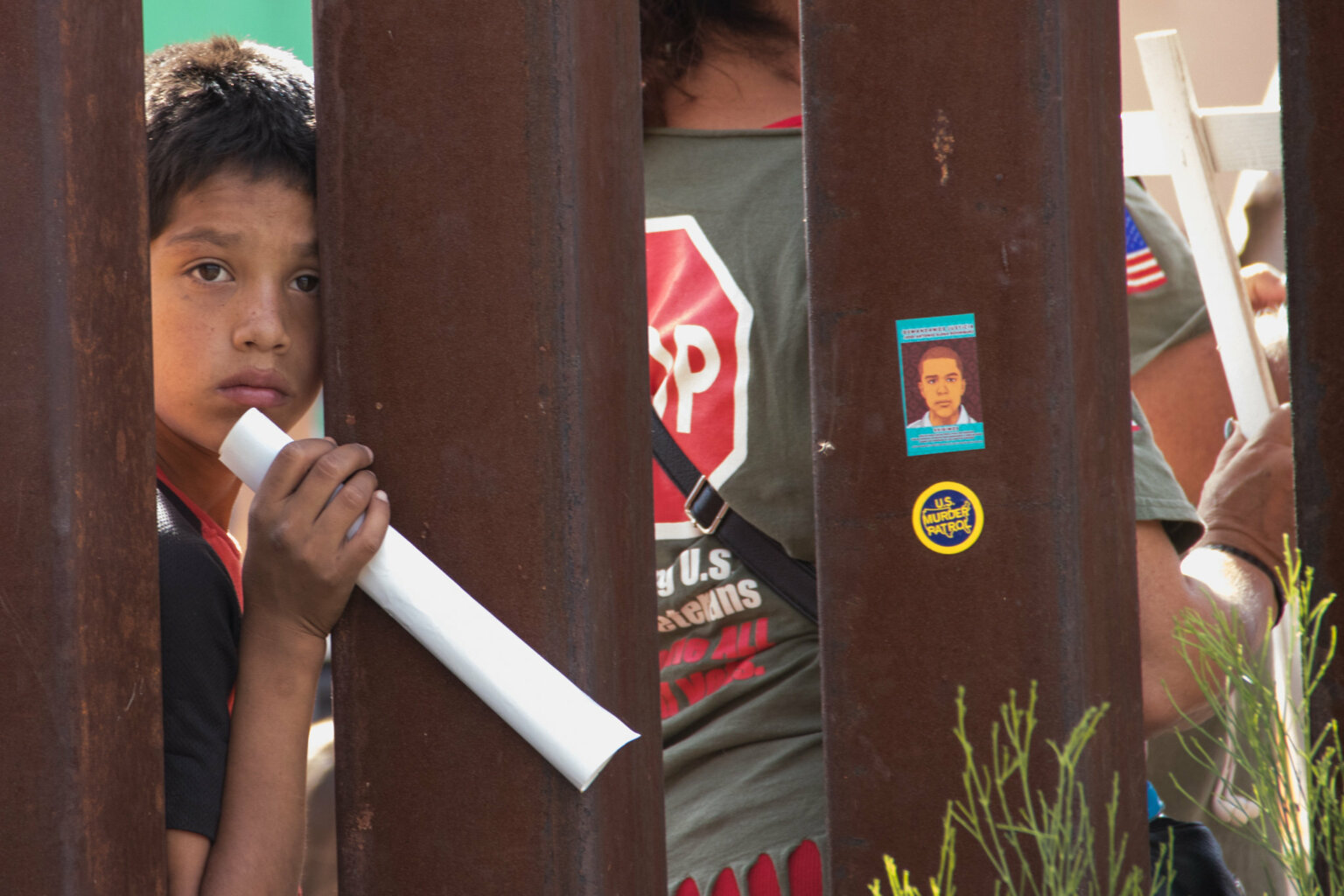- About
- Topics
- Picks
- Audio
- Story
- In-Depth
- Opinion
- News
- Donate
- Signup for our newsletterOur Editors' Best Picks.Send
Read, Debate: Engage.
| topic: | Refugees and Asylum |
|---|---|
| located: | Brazil, USA, Mexico, Venezuela, Chile |
| editor: | Ellen Nemitz |
Last week, a protest against migrants living in a region in northern Chile ended with a cruel scene of violence: all the belongings of the Venezuelan migrants - who were already living in tents settled in the streets - were burnt, including documents, clothes and children's toys. Over 5,000 people gathered against the migrants, alleging that they had arrived in the country illegally.
The UN Special Rapporteur on the Human Rights of Migrants, Felipe González, called the acts an "inadmissible humiliation" against vulnerable people. "The xenophobic discourse, associating migration with crime, which unfortunately has become more and more frequent in Chile, fuels this kind of barbarism," he wrote in Spanish on his Twitter.
These people are indirectly encouraged by a Chilean government policy that prevents migrants from living in the country. In July, the Human Rights Watch urged Chile to stop "summary deportations of Venezuelans." The document indicated that deportations were not following the basic rights of migrants, such as "to be heard and to present evidence." Despite the large number of Venezuelans living under legal visas in Chile, Human Rights Watch claims that the implementation of more recent and restrictive rules have imposed barriers to receiving asylum and other regularisation documents.
While increasingly more people turn to migration for a better life - even though their plans are not always successful - migration policies throughout the Americas are less stable and friendly towards those trying to cross borders.
Disappointing previous hopes and expectations, Joe Biden’s administration in the US is not willing to let everyone in. The most recent exposed crisis involves migrants from Haiti, a country devastated by a recent earthquake and tropical storm and sunk in a long lasting humanitarian and political crisis. More than 14,000 people were reported to have crossed the borders to Texas in a couple of weeks - most of whom have been or will soon be deported, spiking criticism of the mass deportation policies still carried out in the US, even after the end of Trump's era.
A record number of Brazilians have also sought a way out of poverty in the US: about 47,000 Brazilian migrants have been caught trying to clandestinely cross the border between 2020 and 2021 - a record number that surpasses the total of the previous 14 years and ignores the other thousands that die on the journey north. National media ascribes the exodus to a combination of the harsh economic crisis, the pandemic and the suspension of visa grantings.
Meanwhile, organisations report that Afghan refugees are having difficulties receiving humanitarian visas in Brazil due to a new and long list of requirements, including having financial means for six months of living expenses and COVID-19 testing.
While migrants are facing more barriers in virtually all American countries, the future does not foresee a better scenario: the World Bank’s Groundswell report indicates that 17 million people may be forced to internally migrate in the Americas due to the climate emergency by 2050. Thus, it is urgent that all governments create better policies to deal with the migration crisis that respect the rights and dignity of those moving and mount societies prepared to ensure the needs of all people.
Photo by Julie Ricard

